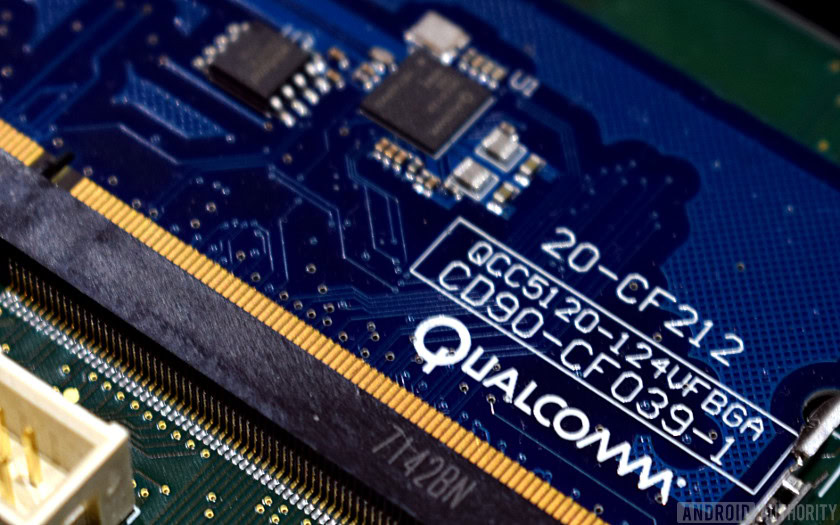Affiliate links on Android Authority may earn us a commission. Learn more.
Broadcom makes new $121 billion bid for Qualcomm
Published onFebruary 5, 2018

- In November 2017, Broadcom made a bid for larger rival Qualcomm, to the tune of about $105 billion.
- Today, Broadcom made another bid, this time for about $121 billion, a 15% increase.
- Although unlikely to be approved, the deal would be the largest in history for the tech industry.
Back in November, American semiconductor manufacturer Broadcom made a surprising move to buy rival Qualcomm for $105 billion. At the time, the response from Qualcomm was that the bid significantly undervalued its business. Investors and tech enthusiasts interpreted this response as either an outright rejection of a deal ever taking place or simply a hold out for more cash.
The latter theory is going to be tested now, as today Broadcom upped its bid to about $121 billion, an increase of about 15%.
Broadcom making moves to purchase Qualcomm is surprising, as Qualcomm is without question the larger company. Also, the merger of the two would be held up for months or even years due to Qualcomm’s legal troubles as well as awaiting the regulatory approval needed for such a merger. Many technology companies, including juggernauts Google and Microsoft, voiced their reservations about such a large merger taking place.
But, if it did happen, it would be the largest tech deal in history.
Qualcomm chips are inside nearly every major smartphone released in North America, with the Snapdragon 835 running almost all flagship devices released in 2017, and the recently announced Snapdragon 845 powering most upcoming flagships. Broadcom, by comparison, supplies chips for a much smaller range of smartphones, but you can find their technology in products like broadband modems, data servers, and data storage.
Most of Qualcomm’s money is made via patent licensing. Because it owns many patents that are fundamental to telecommunication devices, every smartphone manufacturer has to obtain a license from Qualcomm for its products. Using this constant cash flow, Qualcomm invests heavily in research and development of chips to power those smartphones and then sells them to those same companies. This strategy gives Qualcomm the distinct upper hand in any negotiations for its business.
A spokesperson for Qualcomm confirmed that it received the proposal from Broadcom and would respond after a full review.